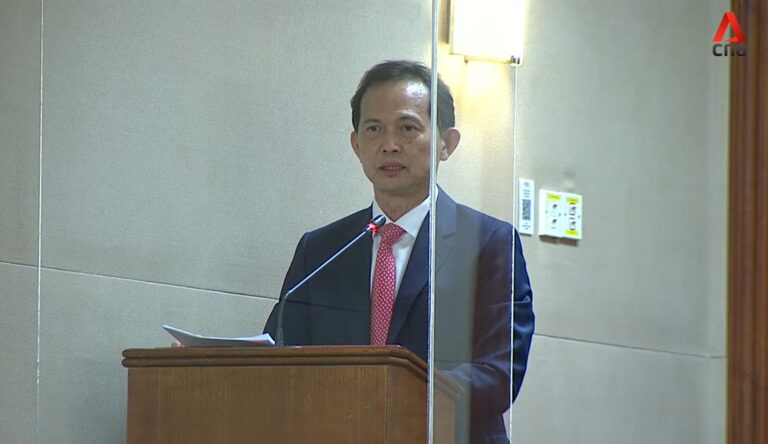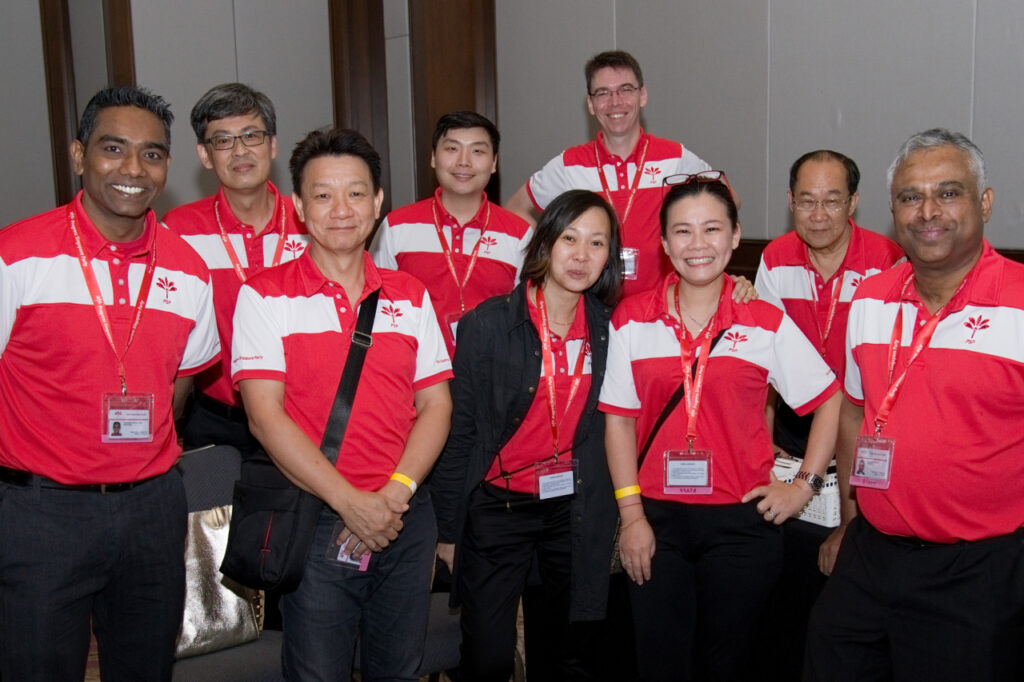By Toh Han Shih
Non-Constituency Member of Parliament (NCMP) Leong Mun Wai from the Progress Singapore Party (PSP) has questioned the rationale for raising various fares and other expenses for Singaporeans so soon, even before the COVID-19 pandemic has abated.
“I am just concerned about the many Singaporeans having to live under tremendous financial pressure arising from job security, high cost of living due to the profit maximising policy of public services, high housing costs, and escalating healthcare premiums. Taken in totality, this is a very heavy burden for many Singaporeans,” Mr Leong told the Palm.
“At this unusual time, it is crucial that our population has unshakeable faith in the government to lead them. However, the government does not inspire confidence by hastily increasing taxes and fees while at the same time pledging COVID-19 support measures. Our populace could view this act as ‘giving with one hand and taking with the other’,” he said in his Parliamentary speech on 14 Oct 2020.
Mr Leong cited various announcements of increased fees and other expenses over roughly two weeks prior to 14 Oct, which will add hundreds of dollars of additional expenditure to each household during these economically tight times of COVID-19.
“This begs the question of the timing of these tax and fee hikes when the support measures are being phased out. Can these hikes not be shelved till later?” asked Mr Leong.
The Singapore government’s COVID-19 relief was due to expire on 19 Oct but was extended by at least one month for most categories and up to five months for certain categories.
The MediShield Life Premium increase of between 11.5 to 35.4 percent, which will take effect in early 2021, was announced on 29 Sept. That means an insured person who used to be paying $1,000 annual premium will now have to pay $1,354 a year, Mr Leong estimated.
The MediShield Life Fund already has S$8.3 billion of total assets and appears to be fiscally healthy and continues to accumulate surpluses of about S$0.9 billion every year, he pointed out. “The increase in coverage which accompanies this premium hike is scant comfort to Singaporeans who are still struggling with the financial woes of COVID-19.”
The PSP has received a lot of feedback on the increase in MediShield premium, because Singaporeans are concerned that their Medisave may not be enough to pay for the premiums especially during their old age, Mr Leong told the Palm.
Secondly, the 9.3 percent hike in electricity tariffs for the fourth quarter of 2020 was announced by Singapore Power (SP Group) on 30 Sept, and has been approved by the Energy Market Authority.
The SP Group is a power-grid monopolist which does not generate electricity, but has made billions of dollars since the liberalisation of Singapore’s electricity market in 2012, and has repeatedly raised tariffs, said Mr Leong.
While the increase is for paying a higher price to the power generating companies, the SP Group could have easily absorbed the increase from its past profits instead of passing the increased cost to consumers, he added.
When speaking with the Palm, Mr Leong concurred that there have not been many complaints on the electricity hikes, partly because many in the lower-income group are heavily subsidised by the government. Nonetheless, there is room to lower the household electricity cost because there is a wide gap between the regulated price and the open market price, he added.
On 9 Oct, the Land Transport Authority announced that the electronic road pricing at six gantries along the Central Expressway, a major highway connecting Singapore’s city centre with northern parts of the country, would be increased by $1 from 12 Oct to ease congestion during peak periods.
These announcements of increases in fares and payments only heighten the increasing apprehension among Singaporeans of more tax and fee hikes coming their way, Mr Leong said in his speech.
Since COVID-19 made itself felt in this nation early this year, the government has committed roughly $100 billion in relief measures.
“The man on the street must be baffled by the seemingly contradictory actions of the government. On the one hand, it is purported that the government is putting up $100 billion to help with the COVID support measures, yet on the other hand, the implementation of tax and fee hikes. Is the country so overstretched financially that we have to replenish our coffers with those hikes and in such haste?” he asked.
According to Mr Leong’s calculations, this apparently huge package of roughly $100 billion will deplete only 1.1 to 3.9 percent of Singapore’s total financial assets.
“It appears that there is no need for the tax and fee hikes to take place so soon. We should let Singaporean households recover from the aftershocks of the pandemic and find their footing before we send them reeling with more financial burdens,” he suggested.
It is probably going to be an ongoing process of raising fares, payments and other expenses again and again. It is not just a matter of one speech in Parliament, Mr Leong told the Palm.
Writing as a Singaporean living in Hong Kong, I found I needed to pay zero on electricity and gas fares sometimes for several months in a row during this COVID-19 period. It seems Hong Kong is a stark contrast to Singapore in regard to utility bills.


